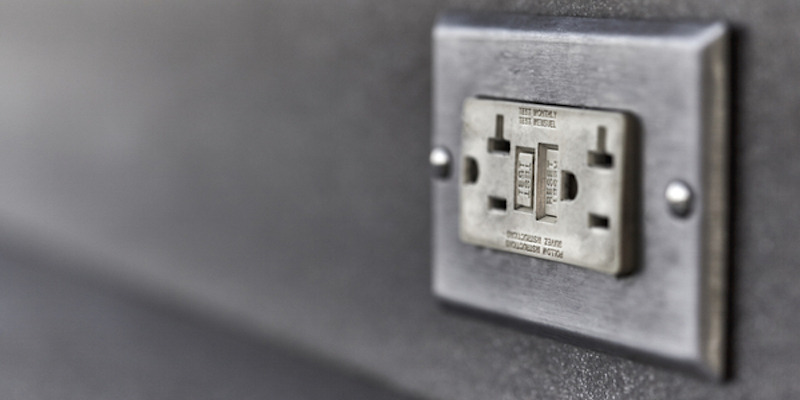
First things first: what in tarnation is a circuit breaker? Your home’s circuit breaker is its central hub of electricity.
That’s a problem, because over time breakers can wear out just like anything else–especially if they’re tripping constantly. When breakers wear out, they become less capable of handling the energy flow they’re supposed to handle. They may even malfunction, leaving your home and family in danger. In other words, to protect your home from electrical danger, you should keep your circuit breakers from wearing out. To keep your circuit breakers from wearing out, you should keep them from tripping too frequently. Here are three reasons why circuit breakers trip, why they happen, and how to prevent them:
Your circuits are overloaded.
Overloaded circuits are the most common cause of tripped breakers. Circuits are overloaded when more electricity flows through them than they can handle. When that happens, they begin to overheat. While the circuit overheats, it could damage any appliances or devices connected to it. When a breaker senses too much electricity flowing into a circuit (potentially overloading it), it trips to cut that flow off. The more frequently too much electricity flows into a circuit, the more the breaker will trip. The more the breaker trips, the faster it wears out.
Too much electricity flows through circuits when there’s too much demand for it. Circuits tend to overload when you plug appliances or devices into outlets that can’t handle them. When the required electricity tries to enter the circuit, the circuit begins to overheat and the breakers shuts things down. Prevent this problem by spreading out electrical devices, so no singular circuit supports too many. Alternately, you could ration electricity use. Unplug some electrical devices when you aren’t using them.
Your circuits keep shorting.
If your breaker keeps tripping and it isn’t because the circuit’s overload, then it’s probably because of short-circuiting. Short-circuiting poses a bigger threat than overloaded circuits because circuits generate a lot of heat when they short out. That Heat can urn into hazardous electrical fires.
Circuits short when a “hot” (active) wire comes into contact with a neutral within an outlet. That contact causes a current surge that creates actual, physical heat. Circuit breakers trip when they sense this heart in order to prevent melting plugs or fires. Several things can make circuits short, including faulty wiring and loose connections. Fixing short circuits usually requires professional help. Electricians can diagnose and fix the source of your short-circuiting problem.
There are ground fault surges.
A ground fault surge is similar to a short circuit. Instead of a hot wire touching a neutral one, ground fault surges occur when hot wires touch ground wires. Just like short circuits, the electrical surge that results from this union can cause serious problems. Ground fault surges could put your entire home and family at serious risk, even with a circuit breaker.
If your circuit breaker seems to trip too frequently, give the team at Mike Diamond a call. Our expert electricians will fix your problem in no time at all. We’ll fix the source of your breaker’s problem and even inspect the system to make sure everything’s working correctly. If you feel like you’re flipping your breakers constantly, stop worrying and give us a call!


